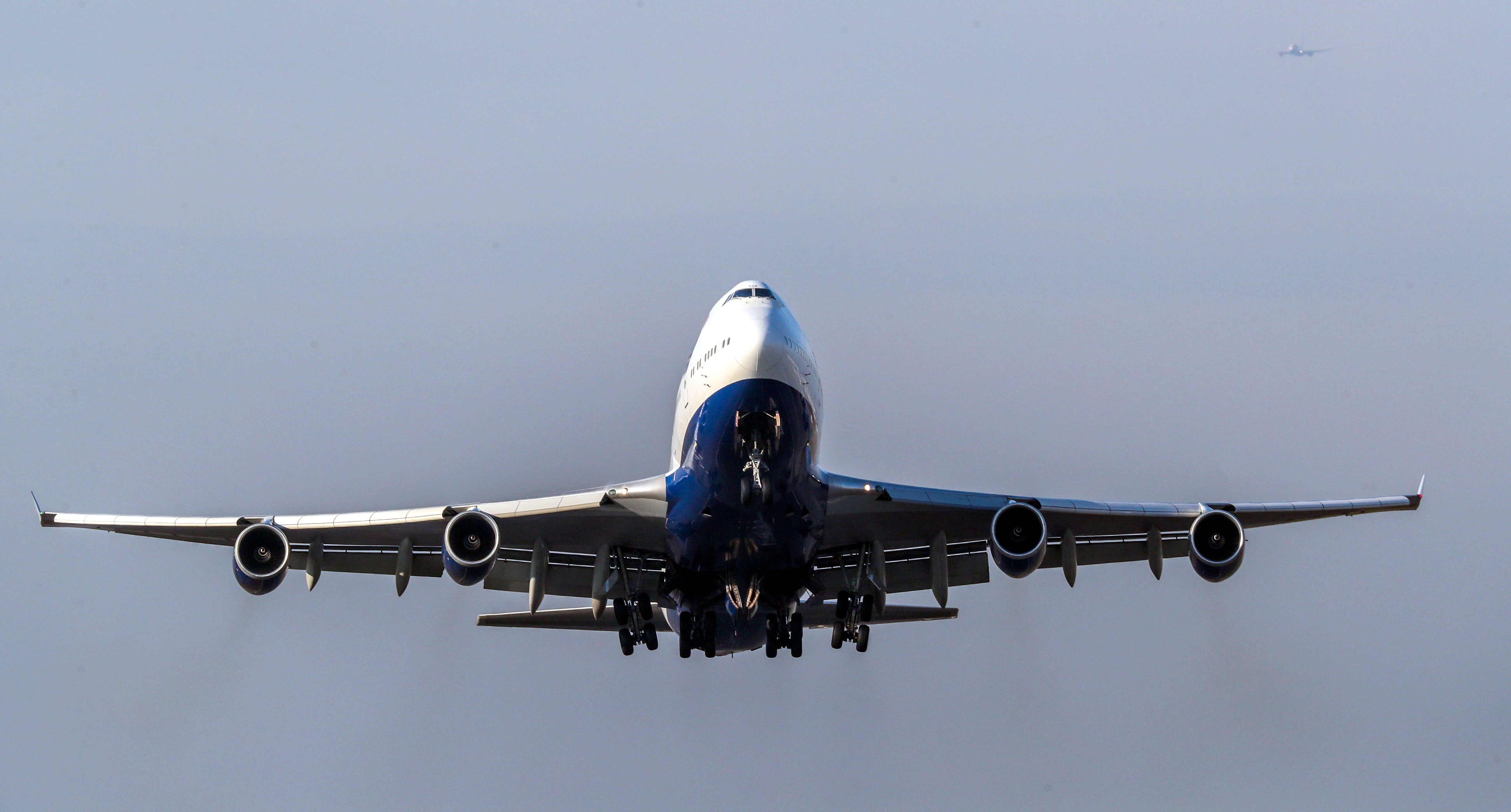Air traveller `ignored ban on mobiles'

AN AIR passenger repeatedly refused to turn off his mobile phone, even when the captain told him it could cause an explosion, a court was told yesterday. In what is believed to be the first case of its kind, Neil Whitehouse, 28, from Mansfield, Nottinghamshire, denies acting in a manner likely to endanger an aircraft.
Mr Whitehouse, an oil worker, was sitting over the wing fuel tanks of the Boeing 737 and Captain David Travis told him the use of his phone could cause them to ignite or interfere with the aircraft's autopilot system which would be used for most of the flight, Manchester Crown Court was told. Mr Whitehouse said the use of the phone was "negotiable" and refused to hand it over, said Ian Metcalfe, for the prosecution.
Read More: Compare contract providers and find the best deal for you with our Mobile Phone Deals page
The court heard how two members of the cabin staff on the Madrid to Manchester flight last September tackled Mr Whitehouse about the phone. One of them, Sarah Wassall, said when she asked him to switch it off he had replied: "In a minute." Mr Whitehouse then put the phone in his pocket but two minutes later, she saw it turned on, on the tray in front of him. "I asked again and told him it interfered with the navigational systems," said Ms Wassall. He said: `Why, are we going to get lost?''' He then switched it off but a few moments later another crew member, Joanna Woods, saw it switched on again. When she asked him if he knew it interfered with the plane's navigation Mr Whitehouse was said to have replied: "So what?" Although he did not make a call until after the plane landed, he kept the phone switched on.
The jury will consider whether there was a likelihood of the aircraft being endangered. It will hear evidence from experts on the potential dangers to an aircraft in flight caused by the use of mobile phones.
Capt Travis was asked by Tom Fitzpatrick, for the defence, why, after Mr Whitehouse refused to hand his phone over, he had not returned to the flight deck and radioed ahead for Mr Whitehouse to be arrested at Manchester. The captain said he had not thought it appropriate to try to remove the phone physically. "There are relative levels of danger," he said. "We could have had the unedifying spectacle of a tussle. I could have been injured and that would have left the co-pilot in sole charge of the aircraft in an emergency situation."
The trial continues.
Join our commenting forum
Join thought-provoking conversations, follow other Independent readers and see their replies
Comments